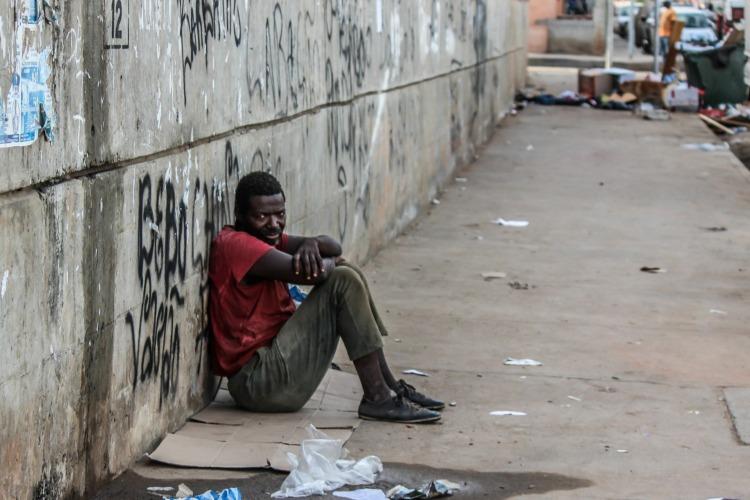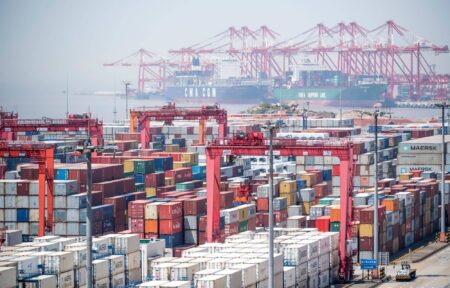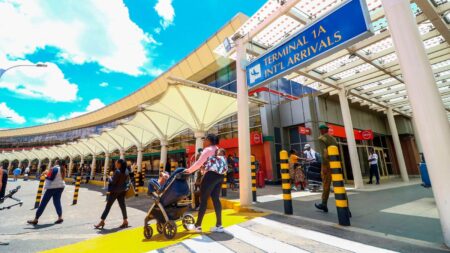If the world is unfair was a fact, then this statement would establish the truth without a doubt as, “there are more than twenty-one hundred billionaires across the world who own more than half of the world’s wealth” — Oxfam. As the number of billionaires doubles over the last decade, Oxfam argues that the richest one per cent have piled up wealth twice
[elementor-template id="94265"]











